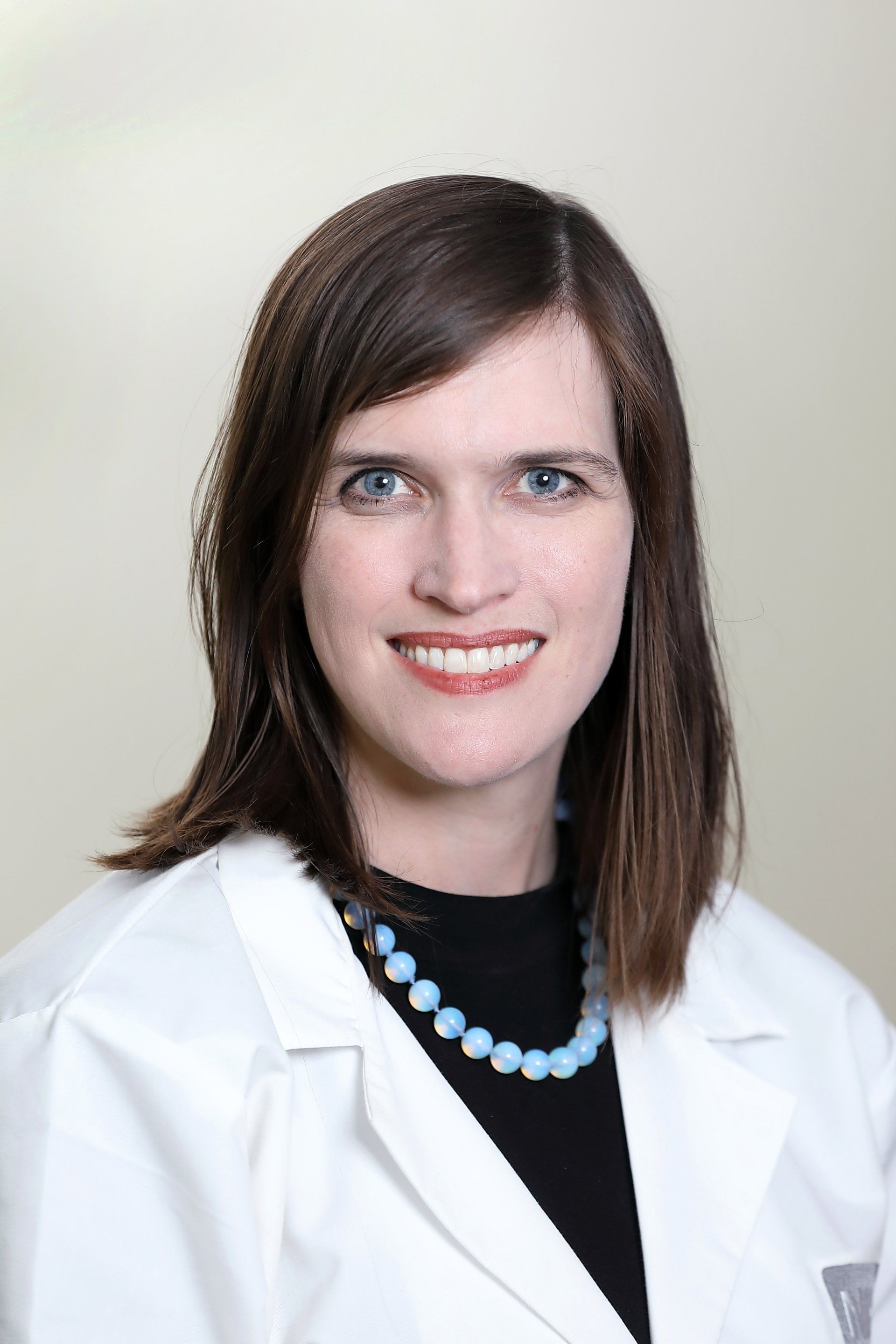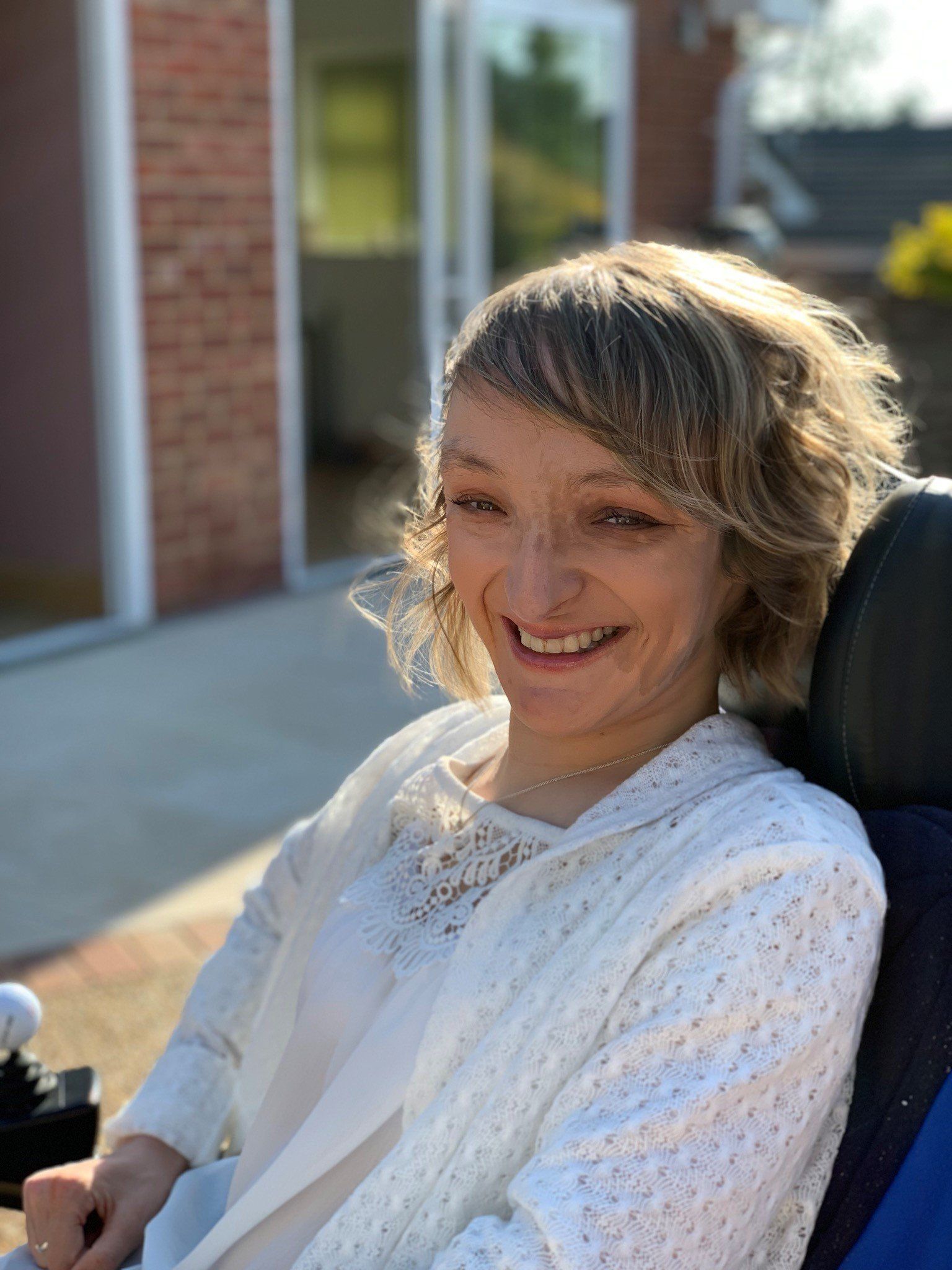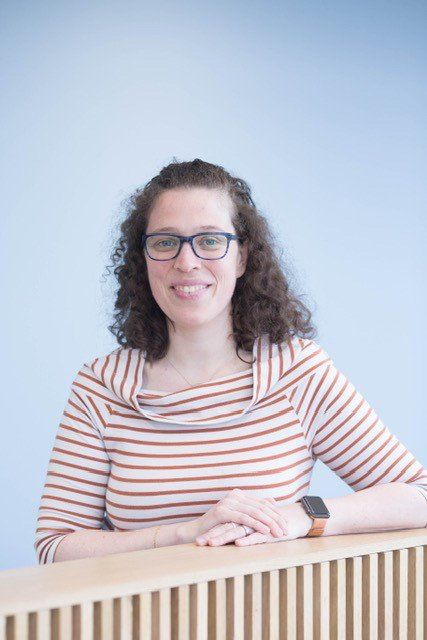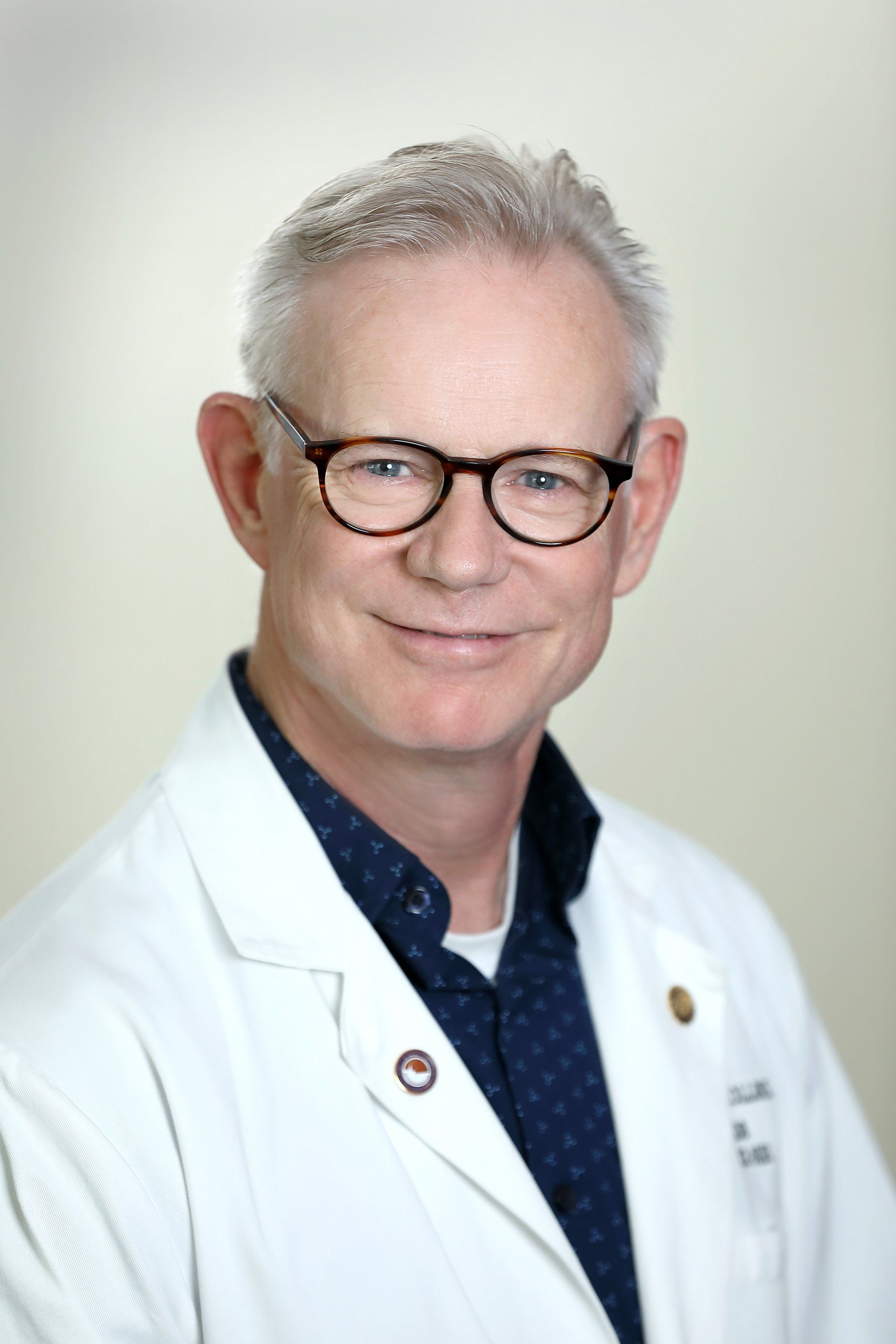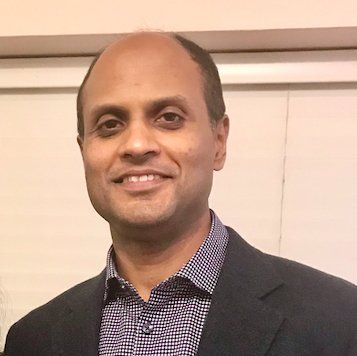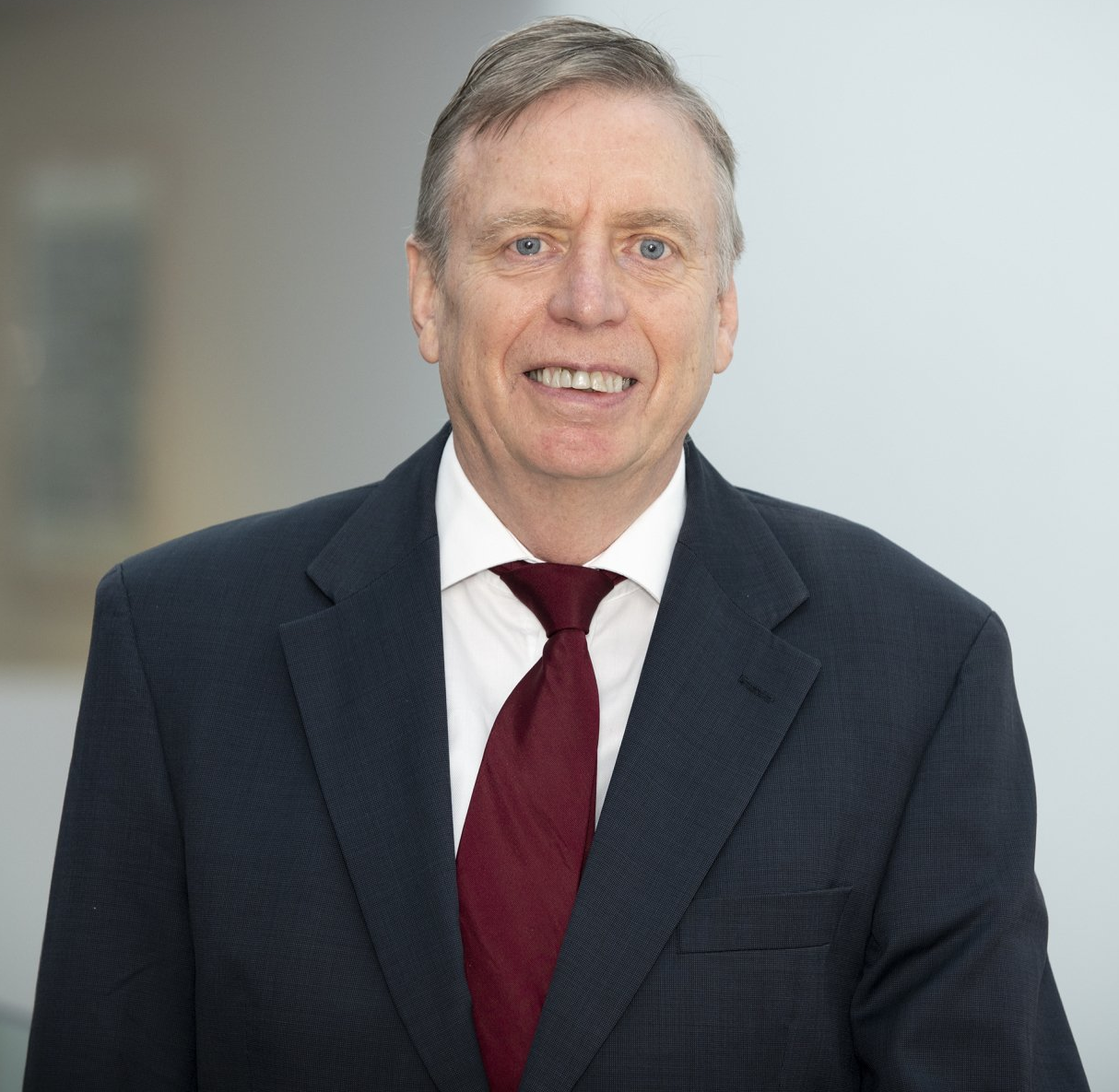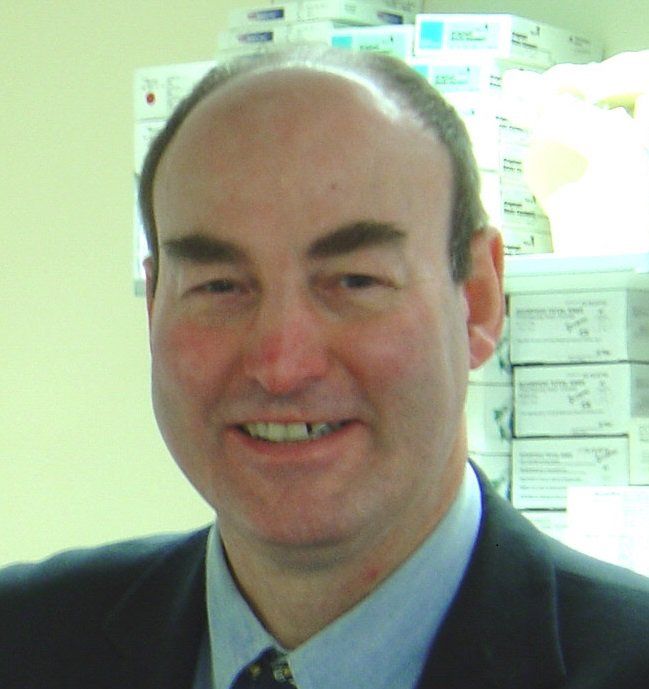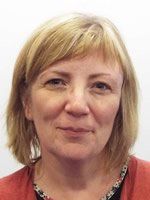FDSSUK BREAKING NEWS
FDSSUK BREAKING NEWS - HOVER TO PAUSE SCROLL - CLICK FOR MORE INFO...
REG CHARITY NO: 1175622 • MEDICAL DISCLAIMER • CONTACT US • SEARCH WEBSITE • PRIVACY
Medical Advisory Board Biographies
Medical Advisory Board Biographies (listed in alphabetical order)
Shahzada Ahmed
BSc (hons), DLO, FRCS (ORL-HNS), PhD
Affiliations – University Hospital Birmingham/ Birmingham Children’s Hospital
After completing 18 months of advanced clinical fellowships in sinus and skull base surgery in Nottingham, UK and South Africa, and then a further 3 months visiting in internationally acclaimed centres in America, Germany and Switzerland, Shahz Ahmed
was appointed as Consultant Rhinologist and Skull Base Surgeon at University Hospital Birmingham NHS Trust in 2010. He was awarded his PhD in December 2013 investigating chronic sinus disease and continues a strong academic profile with regular publications in peer-reviewed journals and book chapters. He specialises in all aspects of advanced sinus surgery – approaching brain and skull base via nose as well as revision surgery, computer assisted sinus surgery and pituitary and skull base surgery. Shahz performed over 400 sinonasal operations last year and is faculty on a number of courses in the UK and abroad. He also runs his own annual international masterclass dissection course in endoscopic skull base surgery.
He is treasurer to the British Skull Base Society as well as council member to the section of Rhinology and Laryngology at the Royal Society of Medicine, UK.
Alison Boyce, MD
Alison Boyce, MD is a paediatric endocrinologist and Associate Research Physician in the Skeletal Diseases and Mineral Homeostasis Section, National Institute of Dental and Craniofacial Research, National Institutes of Health in Bethesda MD, USA.
Dr Boyce’s work focuses on bone and mineral metabolism, using rare and paediatric skeletal disorders as models through which to understand human biology and physiology. She leads investigations in Fibrous Dysplasia/McCune-Albright syndrome and has characterised many aspects of this disorder and its treatment. Additional studies focus on disorders of fibroblast growth factor-23 and connective tissue.
Dr Boyce is a faculty member in the NIH Paediatric Endocrinology fellowship training program. She holds an adjunct position at Children’s National Health System in Washington, D.C., where she attends in the multidisciplinary Bone Health Program.
She is a member of the Fibrous Dysplasia/McCune-Albright Syndrome International Consortium and serves as Chair of the Medical Advisory Committee to the Fibrous Dysplasia Foundation.
Victoria Bullock
I’m Vic, 29 years old and was diagnosed at 6 Months of age with FD and MAS after many months of investigation at Bristol Children’s Hospital. I have grown up with these conditions and understand the effect that the diagnosis can have on others with this disease.
I am also paralysed having suffered a complication during spinal surgery arising from my condition.
When I was asked if I wanted to be on the Medical Advisory Board, I willingly agreed as I am keen to give any support or advice to other patients with the same condition where I can.
Line Caes
Dr. Line Caes is a lecturer in Psychology at the Univeristy of Stirling, Scotland. Her research expertise is on psychosocial aspects of paediatric pain. In particular, her research looks at
- the role of family functioning and parental characteristics in explaining parental behaviour in response to their child in pain and the subsequent impact on their child’s level of pain - quality of live and adjustment to a paediatric chronic illness in both patient and their family (i.e., parents and siblings)
- facilitators and barriers to adolescents taking responsibility for their pain management.
- online self-management interventions for adolescents with a chronic illness.
Dr Michael T Collins (MD)
Dr. Collins is the Chief of the Skeletal Disorders and Mineral Homeostasis Section at the National Institutes of Health in Bethesda, Maryland. He is physician scientist whose research is focused on bone and mineral homeostasis; specifically, the role of PTH, G-proteins, cAMP, and FGF23 in bone cell biology and mineral balance. The primary approach is translational research studies in patients with rare disorders of bone and mineral homeostasis. Current disease under investigation include fibrous dysplasia of bone/McCune-Albright syndrome, hypoparathyroidism, and disorders of FGF23 excess and deficiency such as x-linked hypophosphatemic rickets, tumor-induced osteomalacia, and familial tumoral calcinosis.
Dr Rachael Crowley
Rachel is a consultant endocrinologist at St Vincent’s University Hospital and associate clinical professor at University College Dublin.
Her clinical interests are in bone and electrolytes, adrenal disorders and rare endocrine conditions. She runs the Complex Metabolic Bone service at SVUH and is the chair of the endocrine subcommittee of the Irish Endocrine Society.
M Kassim Javaid
Associate Professor in Metabolic Bone Disease, University of Oxford
After completing medical training at Charing Cross and Westminster Medical School, London, UK, Dr Javaid specialized in adult rheumatology. During that time, he completed an ARC Clinical Fellowship at the University of Southampton examining maternal influences on bone mass of their offspring highlighting the potential of vitamin D and then ARC travelling fellowship at UCSF analysing the imaging of osteoarthritis. He is Associate Professor in Metabolic Bone Disease/ Honorary consultant Rheumatologist at Oxford.
His research interests include epidemiology of musculoskeletal diseases with a focus on rare diseases of the bone and secondary fracture prevention. He is the clinical lead for the co-chair for the International Osteoporosis Foundation Capture the Fracture programme and lead investigator for the RUDY study (www.rudystudy.org) aims to understand the impact of rare bone diseases on patient reported outcomes. He led the international consortium of FD/MAS development of the best practice pathway,
a document to help inform and improve care of patients with FD/MAS across all ages and all specialties.
Dr Raja Padidela
Dr Padidela is a consultant in Paediatric Endocrinology at the Royal Manchester Childrens’ Hospital (RMCH) since 2010. He currently leads Bone and Mineral disorder service.
He completed his training in Paediatric Endocrinology at the Royal London Hospital, Great Ormond Street Hospital and University College London Hospital.
Dr Padidela completed MD (Research) training in genetics of childhood growth at the Institute of Child Health in University College London.
Dr Padidela has a strong interest in research and is managing clinical trials in new medications for bone disorders. He is recognised nationally and internationally for his teaching and training in this speciality. Also, he has authored numerous peer reviewed journal articles and book chapters. He advices nationally and internationally on management of children and adolescents with McCune-Albright syndrome and Mono and Polyostotic Fibrous Dysplasia.
Qualifications
MBBS, MD (Paediatrics), DNB (Paediatrics), MRCPCH, MD (Research, University College London), CCT (Paediatric Endocrinology and Diabetes)
Special Interests Disorders of Bone and Minerals, problems related to Growth and Puberty, underactive (Hypothyroidism) and overactive (Hyperthyroidism) Thyroid gland.
Professor Stuart H Ralston
Stuart H Ralston graduated in Medicine from Glasgow University in 1978 and underwent higher medical training in General Internal Medicine and Rheumatology. He previously held the chair of Medicine and Bone Metabolism at the University of Aberdeen and moved to Edinburgh University in 2005 when he now holds the Arthritis Research UK Chair of Rheumatology. He is currently director of Edinburgh University's online distance learning MSc in clinical trials and was director of Edinburgh Clinical Trials Unit between 2009 and 2016. He holds an honorary consultant rheumatologist position with NHS Lothian where he is clinical lead for the osteoporosis service and clinical director of the rheumatology service. Professor Ralston has researched widely on the molecular and genetic basis of osteoporosis and other bone and joint diseases. He has a special interest in the pathogenesis and management of Paget’s disease of bone. He is joint editor-in-chief of Calcified Tissue International and editor of Davidson's Principles and Practice of Medicine. He currently chairs the Commission for Human Medicines for the Medicines and Healthcare Regulatory Authority of the UK
Academic Qualifications
Bachelor
1978, Bachelor of Medicine and Surgery, University of Glasgow, MB ChB
Doctorate
1987, Doctor of Medicine, University of Glasgow, MD
Professional Qualifications
2015, Honorary Fellow of the Faculty of Pharmaceutical Medicine, FFPM
2005, Fellow of the Royal Society of Edinburgh, FRSE
1999, Fellow of the Academy of Medical Sciences, FMedSci
1994, Fellow of the Royal College of Physicians Edinburgh, FRCP (Edin)
1980, Member of the Royal College of Physicians, MRCP
Hamish Simpson
Professor Hamish Simpson is Professor of Orthopaedics and Trauma, and Consultant Orthopaedic Surgeon in the Department of Orthopaedic Surgery at the University of Edinburgh. He is specialising in limb reconstruction, musculoskeletal infection and paediatric deformity. He is president of the Combined Services Orthopaedic Society and past president of the Scottish Committee for Orthopaedics and Trauma, the British Limb Reconstruction Society, the Association of Professors of Orthopaedic Surgery, and of the British Orthopaedic Research Society. He has a research interest in stem cells for musculoskeletal repair, musculoskeletal infection, novel cutting methodologies and impaired bone healing.
Heather Wall
I have Craniofacial Fibrous Dysplasia and understand first hand, the importance of having a support network that's on hand to provide advice and guidance, to those affected by the condition. I'm also very passionate about research and I'm actively engaged in establishing and contributing to the medical advisory board.
The FD Community have helped me find the strength to accept my diagnosis and offered some practical tips with managing my condition.
Registered Charity: 1175622 | Medical Disclaimer | Contact Us | Search this website | Privacy



